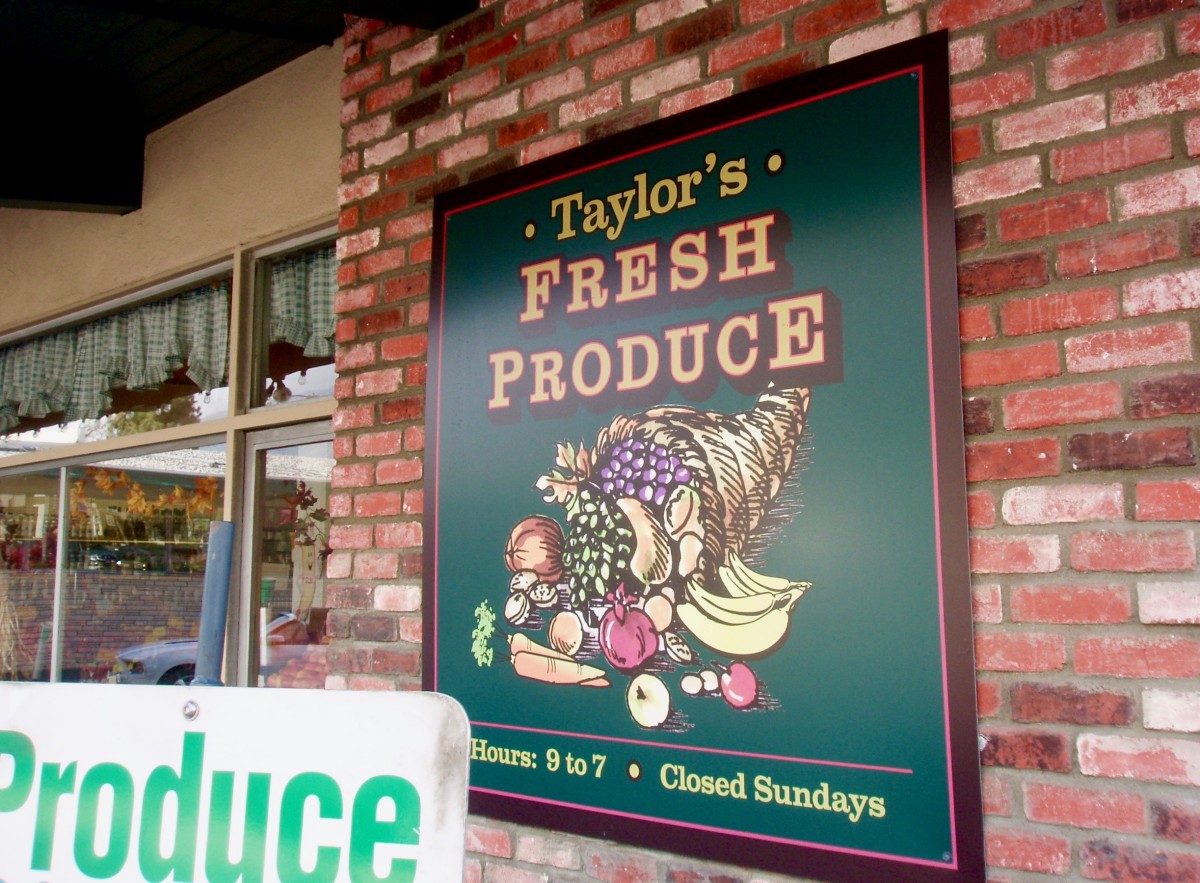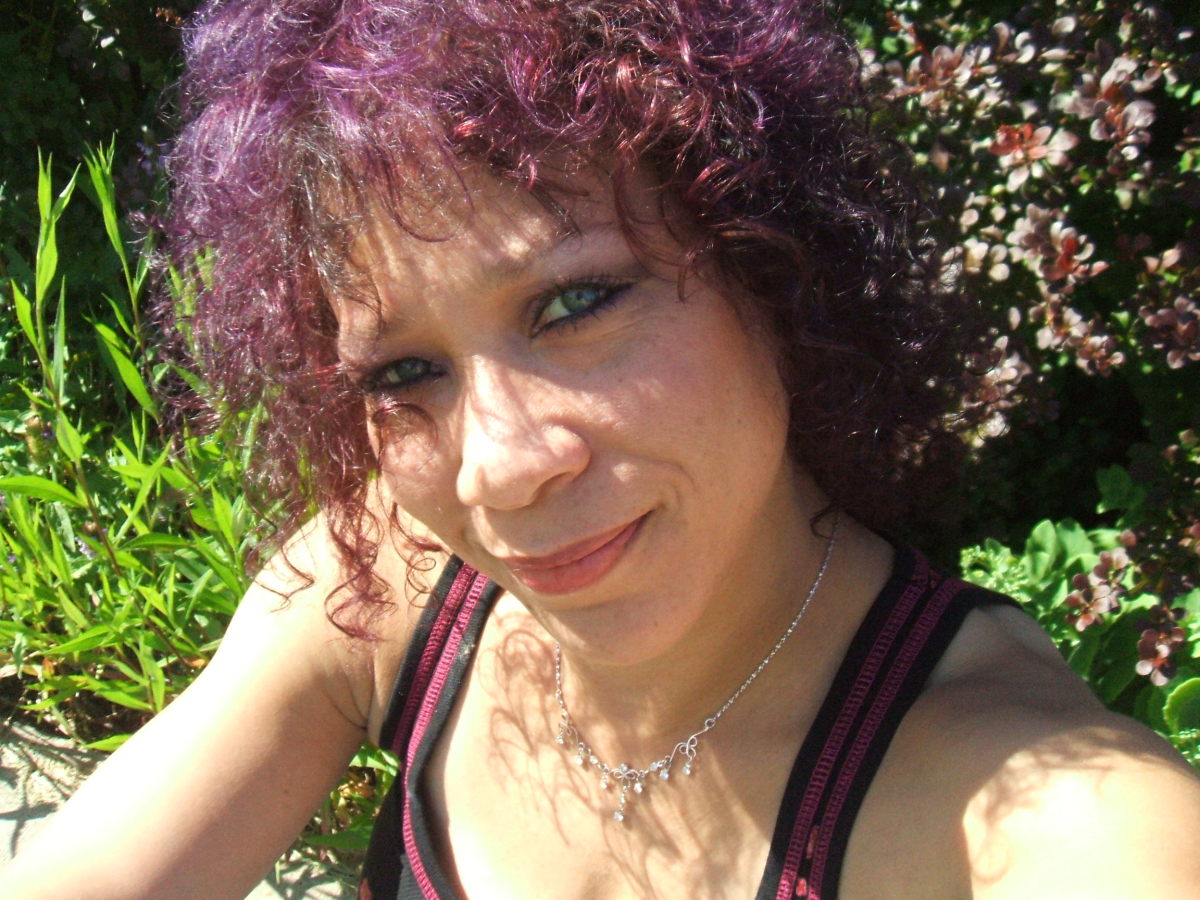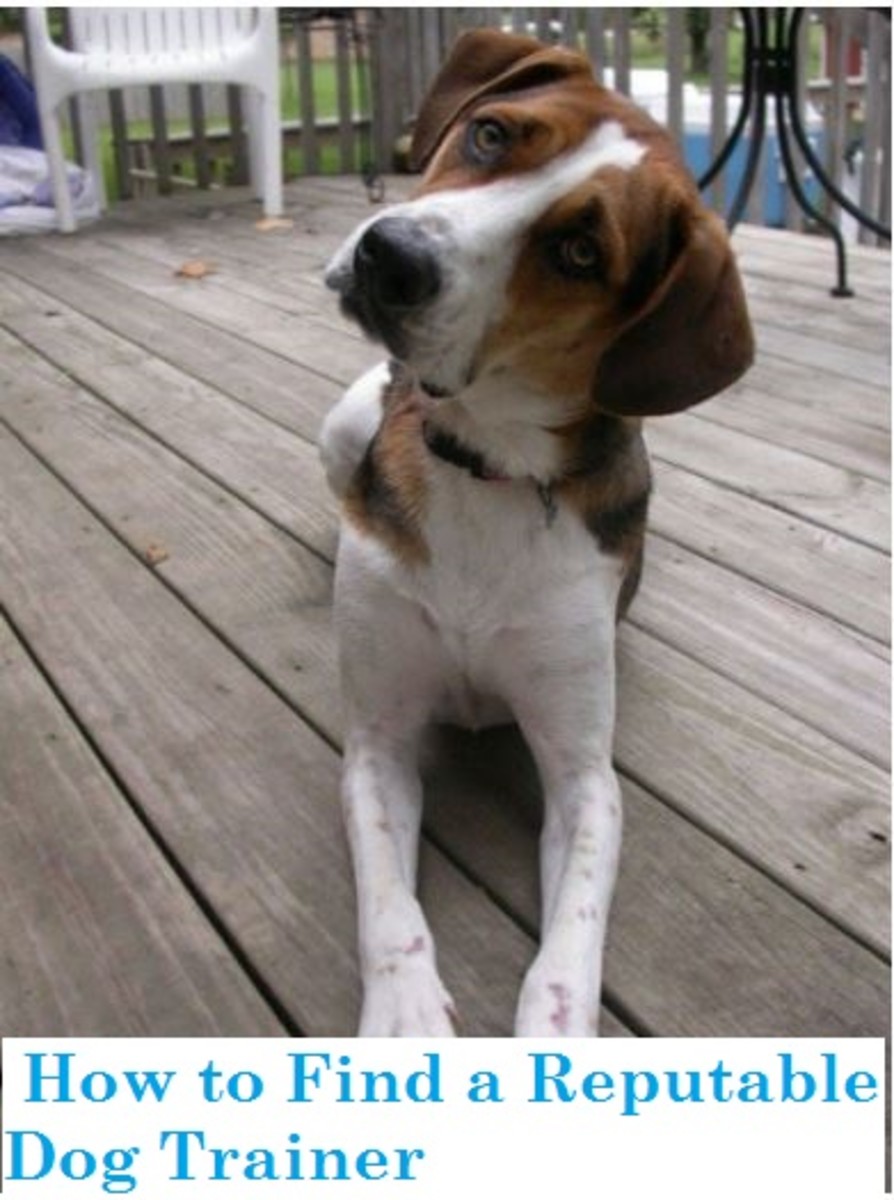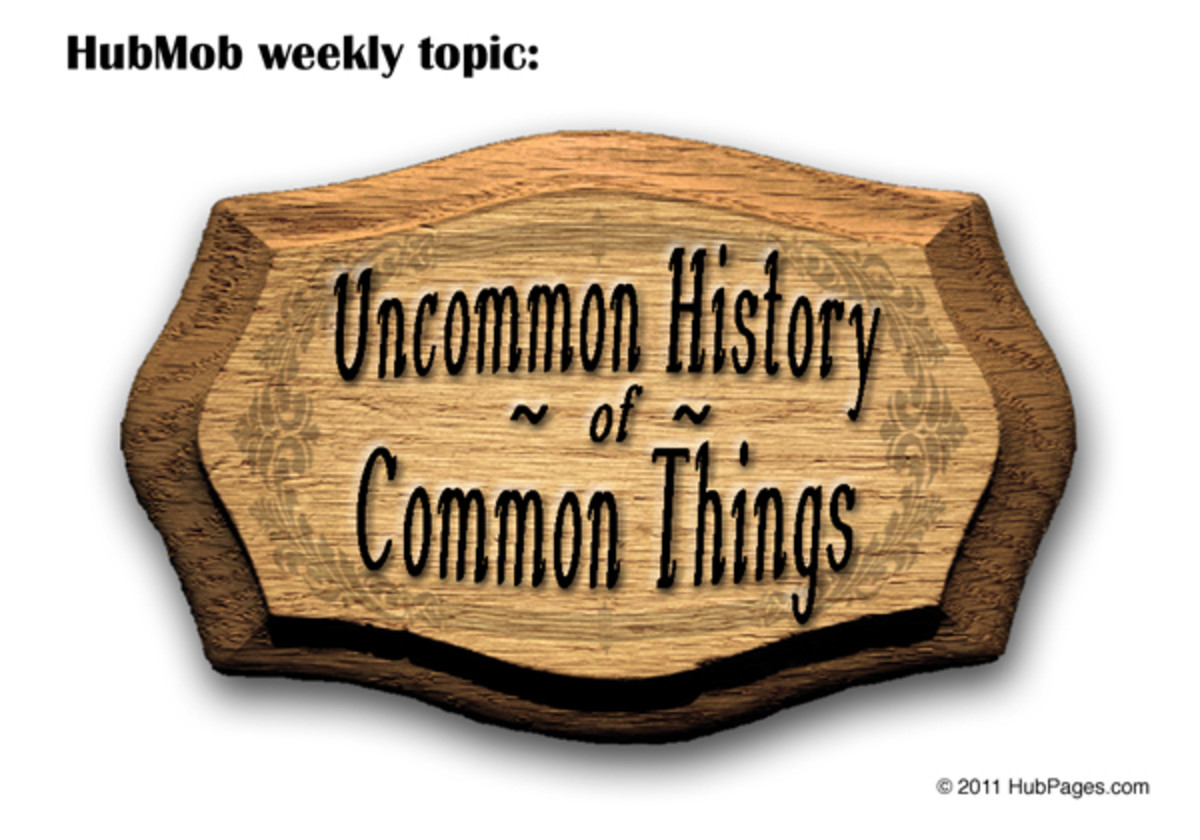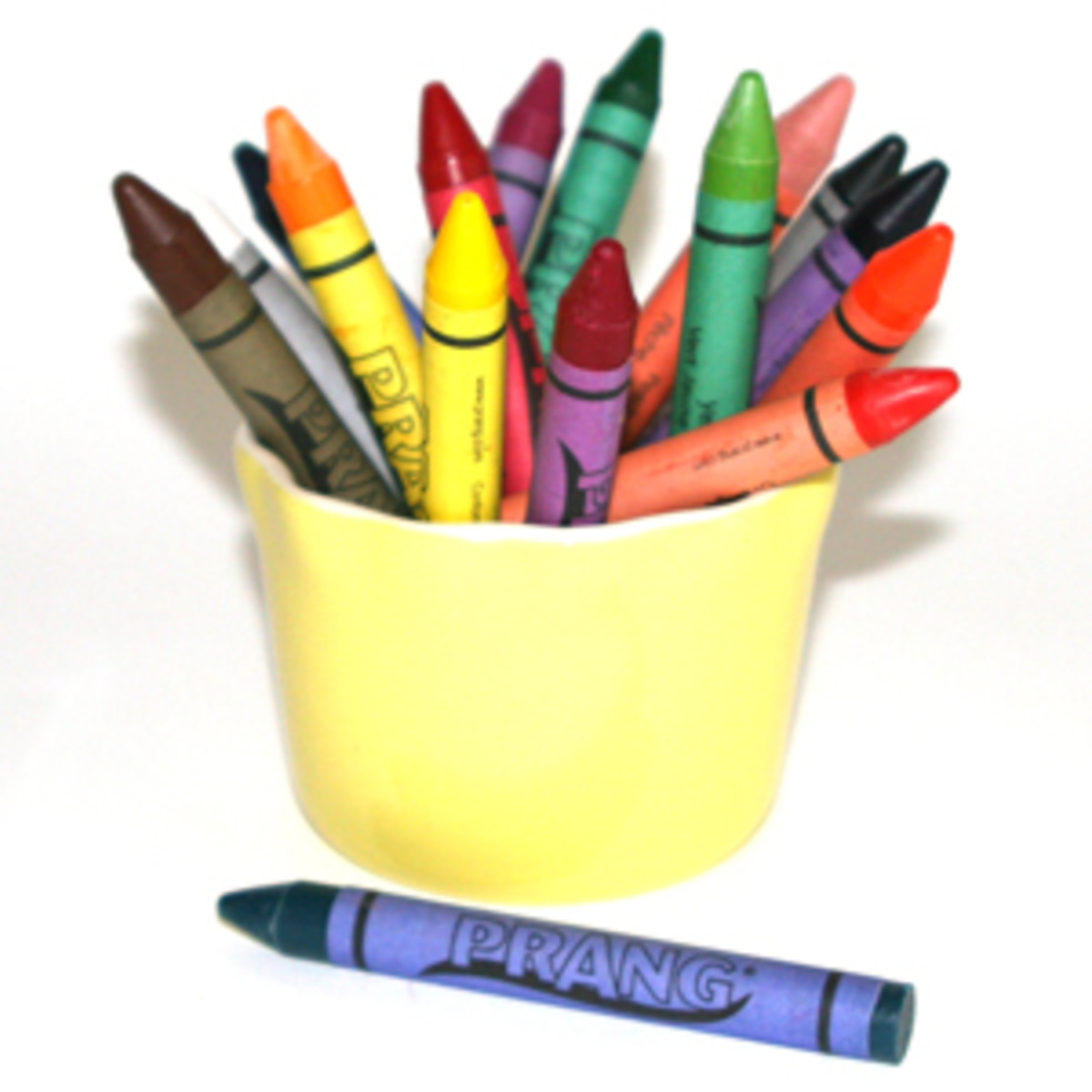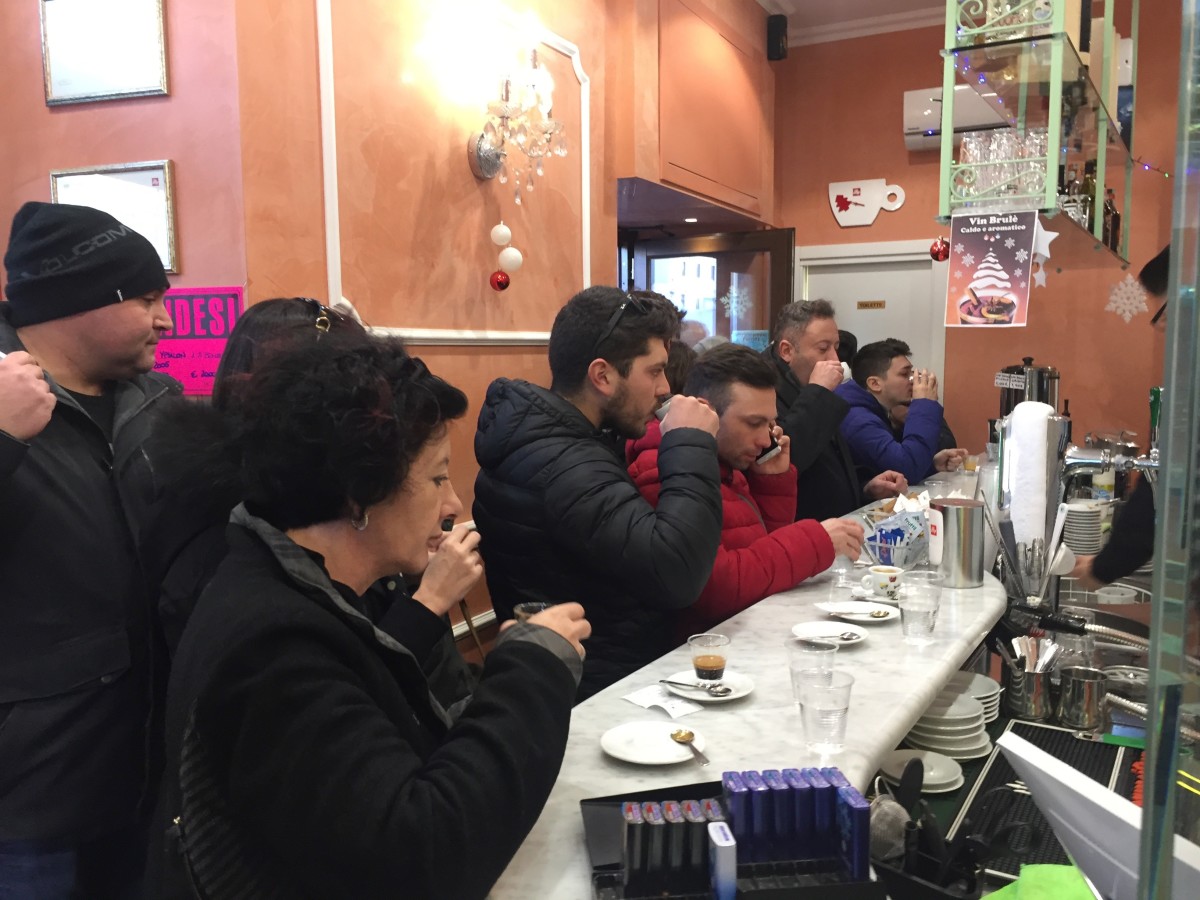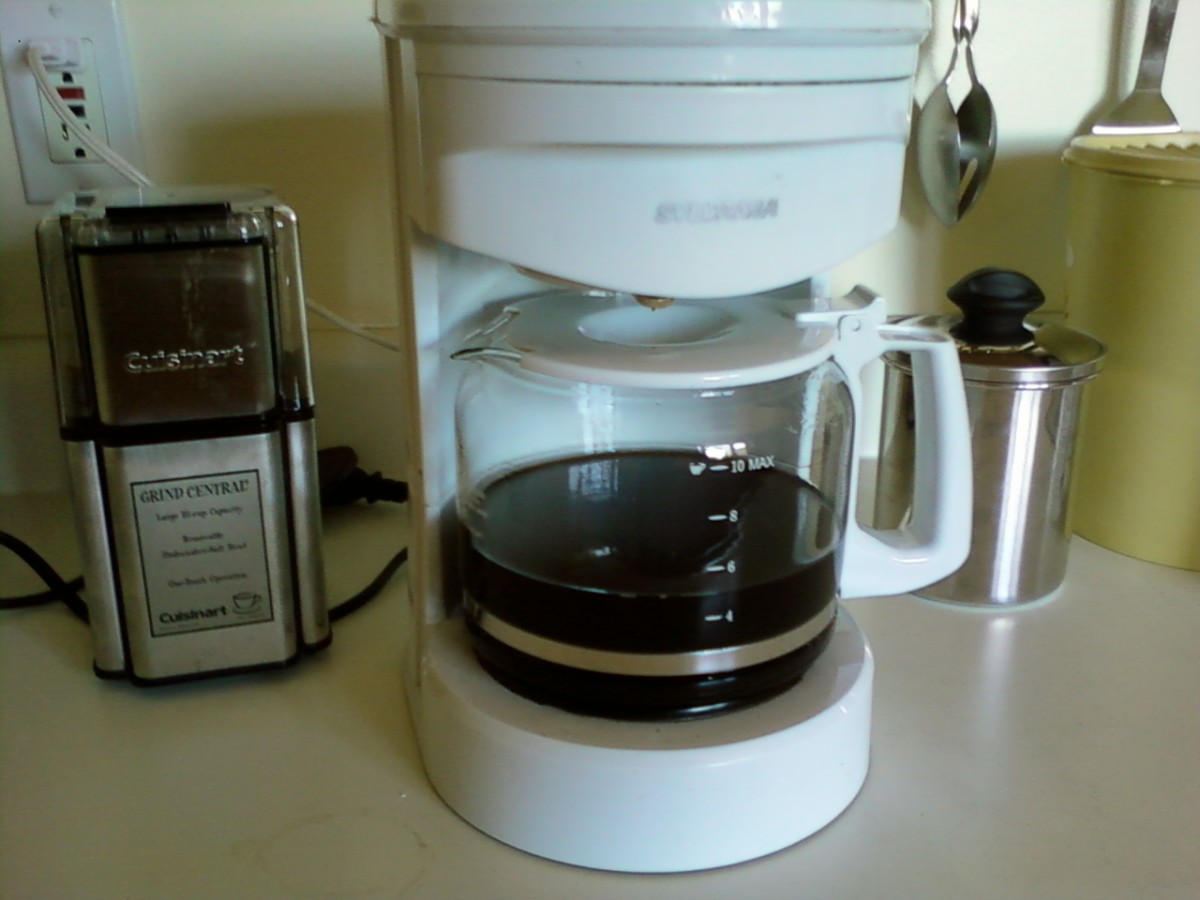Shade-Grown, Bird-Friendly, Rainforest-Certified Coffee
How would you feel to find out that your daily habits, as innocent as drinking your morning cup of coffee, have a huge impact on other people lives and more, on the whole planet?
Startled?
Responsible?
Guilty?
Proud?
Uncertain?
Nah...you may say, how can be, that me, peacefully drinking my coffee, would have consequences on others? And yet it's true. What kind of consequences?That's up to you.
If you payed attention to your local grocery store lately, you may have noticed that the coffee aisle looks a little different. The bottom shelf especially.
Maybe there are more brands and maybe among them, more that display certain labels that say Organic, Fair Trade Certified, Rainforest Alliance Certified or Birds Friendly. All these labels describe types of coffee that many of us are just discovering.
One of the latest to come to public attention is shade grown coffee. This type of coffee isn't new, in fact it is as old as coffee cultivation. It just that lately has been defined as a form as sustainable agriculture, besides providing coffee lovers with a better experience.
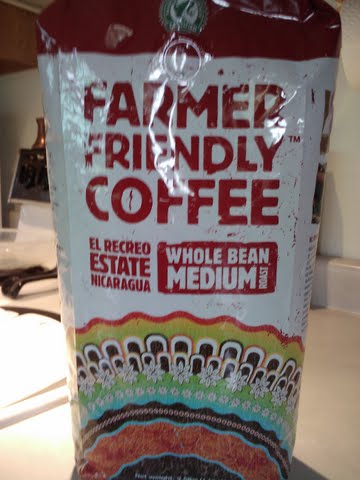
History of coffee cultivation
The natural habitat of coffee shrubs is found under a canopy of trees, varied as heights and types, in Eastern Africa (Ethiopia and Sudan). There humans first discovered the coffee bushes, in the shade, hiding from the plain sun under the leaves of forest trees or fruit trees like avocados, tangerines, or lemons.
When people first started to cultivate coffee they replicate the natural environment of the plant, adding or taking down few species of trees. The coffee shrubs produced one annual harvest of sweet, natural organic and flavourful beans.
Smuggled in Americas in the early 1700s by a French sailor, coffee started to make its way from Martinique to Brazil, then to other countries.
Today, Brazil is the leading producers of the world's coffee market, followed by Vietnam. Colombia comes in the 4Th place but for many years it has been in the second and third place.
In the New World, the plant was grown in the shade of the native trees, which proved to be similar to it's native habitation. As the demand for coffee grew and the industry found out that coffee was a huge source of revenue, the cultivation process was brought to speed to satisfy a growing and more sophisticated market.
Coffee is the second largest trade product after oil. It is the 3rd largest import in United States and 50 countries around the world depend on coffee crops. In the US, the industry makes about $13 billion in annual revenue, according to Speciality Coffee Association of America cited by Hoovers.com.
Following the agricultural progress of 20th century, scientist developed an improved version of coffee plant that can grow taller, in full sun, and yield up to three crops per year. Farmers started to introduce this version in the early 1970s, highly encouraged by U.S. Agency for International Development which put down lots of money to help make room for the new crops. They cut down trees, destroying large ecosystems, to accomodate larger coffee plantation where they used fertilizers, insecticides and pesticides to grow this "improved" coffee plant. According to coffeehabitat.com, since it started, over 2.5 million acres of trees in Central America have been removed as a result of new "technication" of coffee.
Shade Plantation Vs Sun Plantation
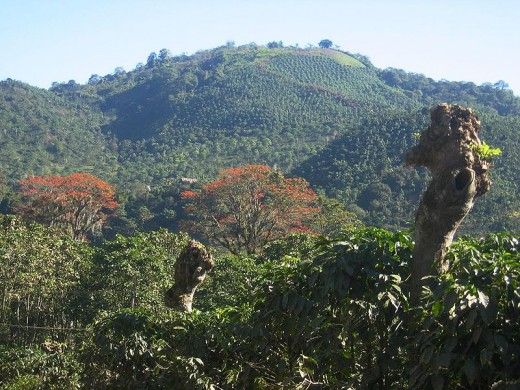
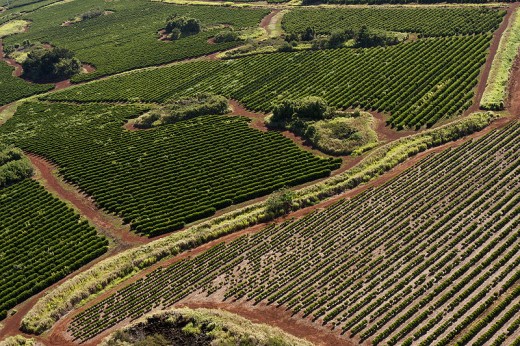
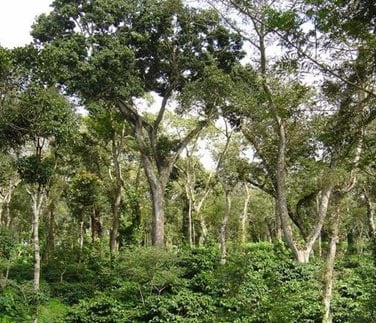
What is shade grown coffee
Shade grown coffee refers to the coffee that grows under a canopy of one or more kind of trees as it has been from the very beginning. However, today, there is more to it - it has become a complex concept that define a coffee that have been intentionally cultivated understory, to protect the biodiversity, prevent further deforestation and erosion of soil, prevent pollution of water, and ultimately, have a better tasting coffee.
As opposed to sun coffee, shade coffee is often organic or utilizes very small amounts of pesticides or fertilizers. The concepts also refers to the kind of agriculture we call sustainable that, according with thefreedictionary.com is "capable of being maintained at a steady level without exhausting natural resources or causing severe ecological damage".
Not all the farms have switched to sun coffee, though, the technique is still new. A report as old as 1997 shows that up to 40% of south American plantation have adopted the sun shrub, with Colombia and Costa Rica being in top. Even so, latest studies have revealed the damage done to the ecosystem over the years. The new trend now wants to revert the coffee cultivation to it's original stage: the shade.
The packages of bird friendly/shade grown coffee are identified by this mark
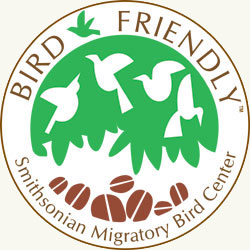
Certification
To help customers make a difference and raise awareness, the shade grown advocates have found a way to tell people when a coffee has been properly cultivated. They designed a logo and a mark (actually two) that appears on the coffee bags sold worldwide, by various retailers. They also came up with a set of rules that applies to all coffee that aspires to be labels as shade coffee. This set of rules is called certification.
There are two certification programs: The Smithsonian Migratory Bird Center, that offers a certification called Bird Friendly, and the Rainforest Alliance called Reinforest Alliance Certified.
A shade grown coffee certified by Smithsonian Center have to meet very strict criteria that includes:
- the canopy height needs to be at least 12 feet
- at least 40% shade measured in the dry season
- at least 10 species of trees and shrubs, in addition to the main canopy
- the farm must have a current organic certification from USDA
The packages of reinforest alliance/shade grown coffee are identify by this mark
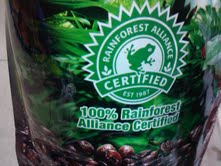
Rainforest Alliance certification has to comply with the rules of the Sustainable Agriculture Standard that applies not only to coffee but to other crops as well. Their rules extends beyond the type of plantation, measuring issues like
- water conservation
- community relations
- fair treatment and pay for workers
Why should you buy shade grown coffee
There are many coffee brands on the market, blends or single origin, coffees for drip, turkis or espresso, fair trade certified, organic or shade coffees, flavoured or not, cheap or expensive. Why should one spend its money on shade grown/bird friendly coffee? Here are some of the reasons:
- most of the time this coffee is organic or the amount of chemicals used is minimal
- it helps the farmers
- it preserves the ecosystem
- it is not much expensive then sun coffee
- it makes you feel better

